Nursing Practice: Educational Intervention for Allergy Management
VerifiedAdded on 2023/06/12
|8
|521
|256
Presentation
AI Summary
This presentation provides a rationale for focusing on allergy management education for nurses, emphasizing the importance of understanding allergy triggers and effective management techniques. It explores various educational theories, including cognitive theory, social constructivism, multiple intelligence theory, and experiential learning, to guide effective teaching strategies. The presentation highlights the role of SMART initiatives in improving nursing knowledge and understanding of specific illnesses, using the example of adrenaline injectors and diet for allergy management. It aims to enhance nurses' skills and knowledge in managing allergic reactions and improving patient outcomes, with the goal of providing better care and support to individuals with allergies. Desklib provides solved assignments and study material for students.
1 out of 8
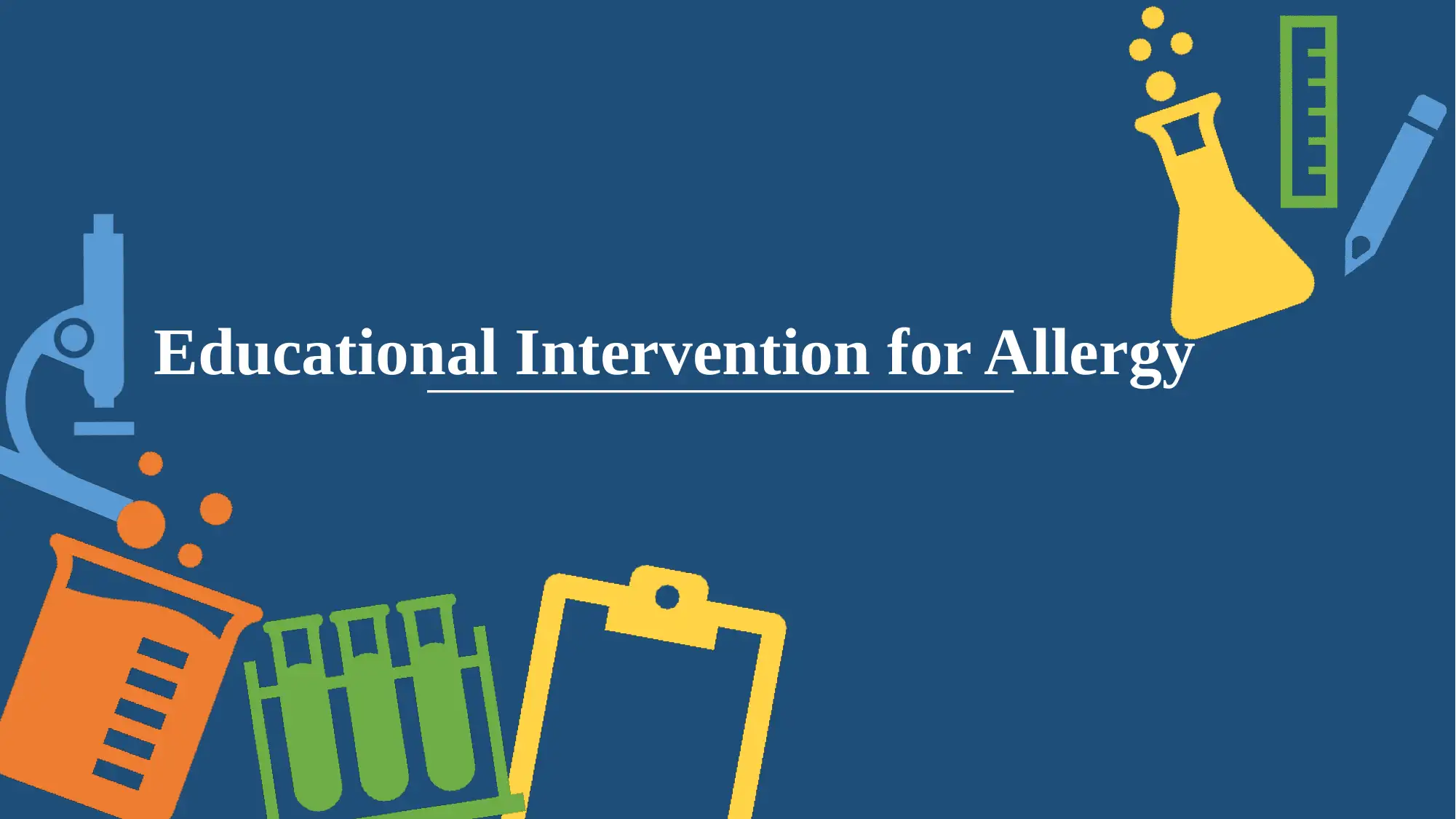
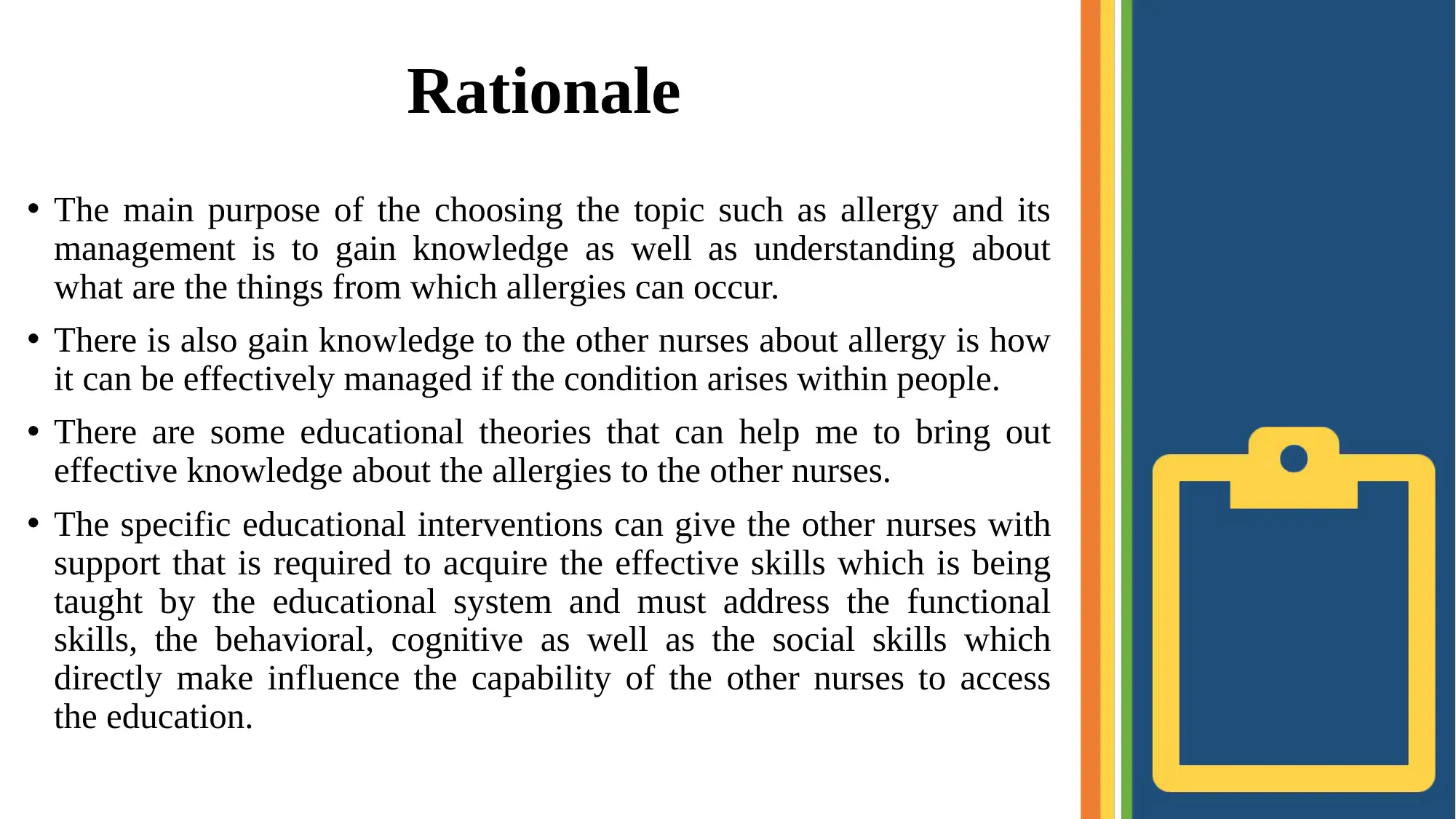
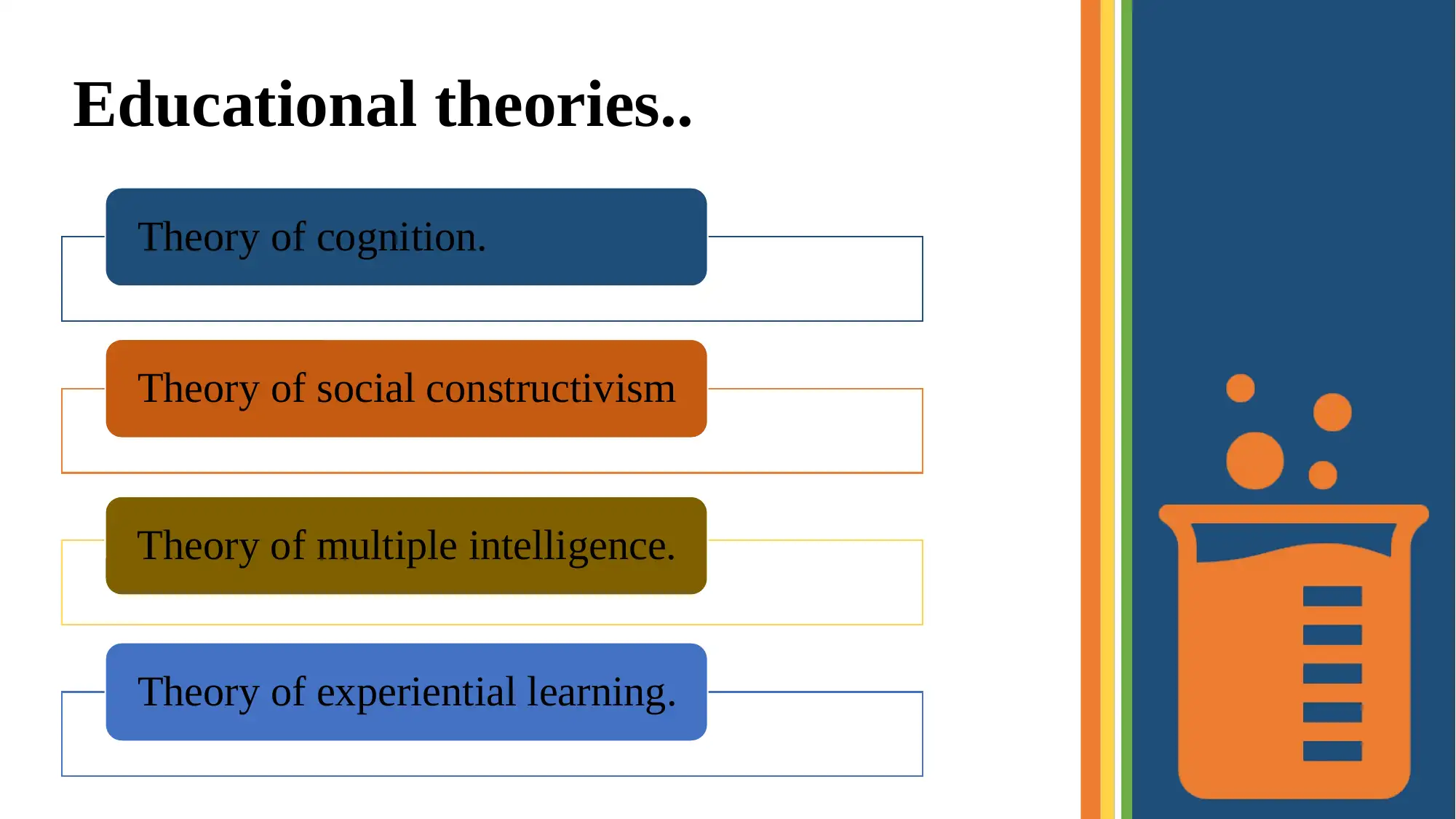

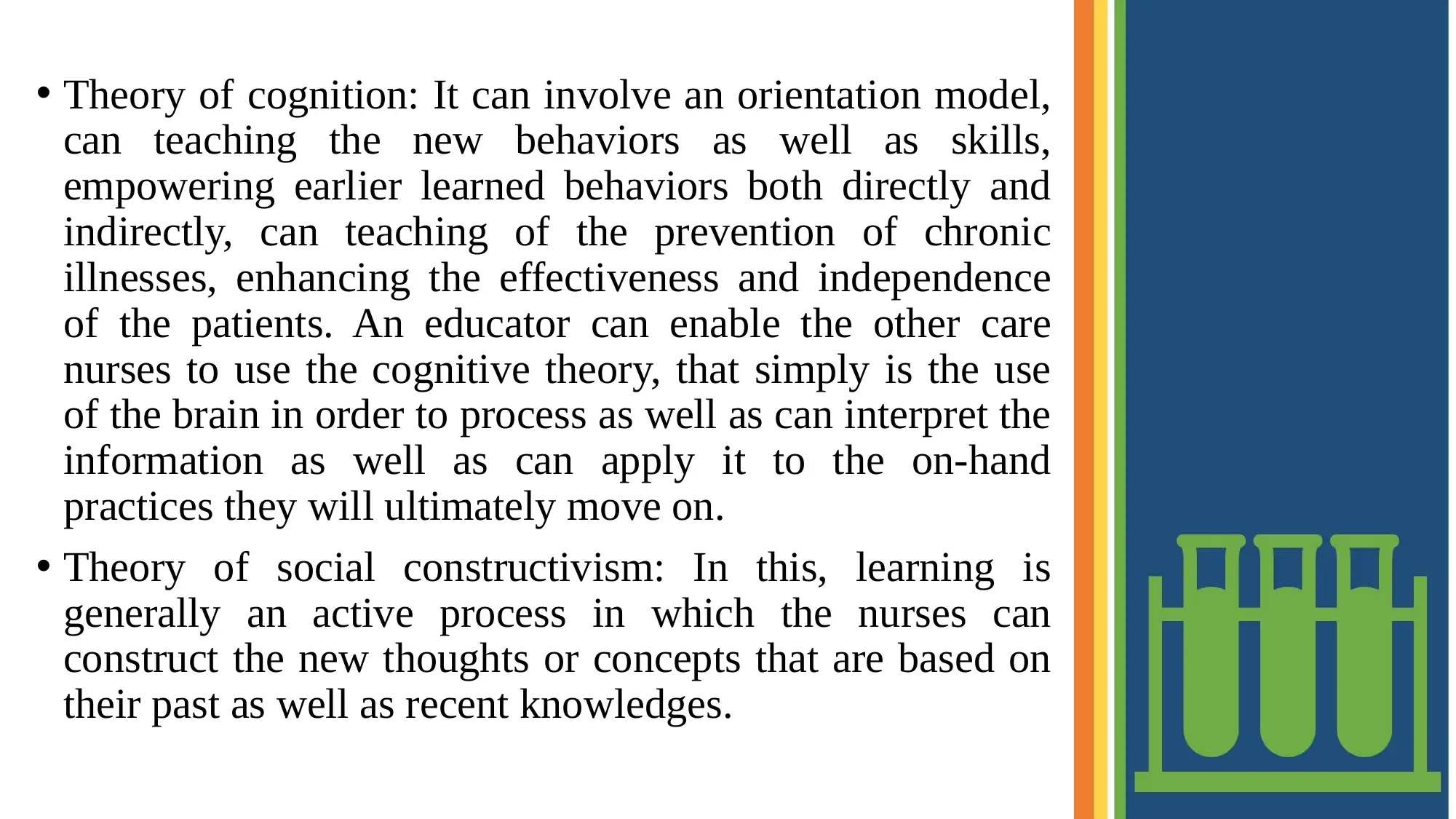
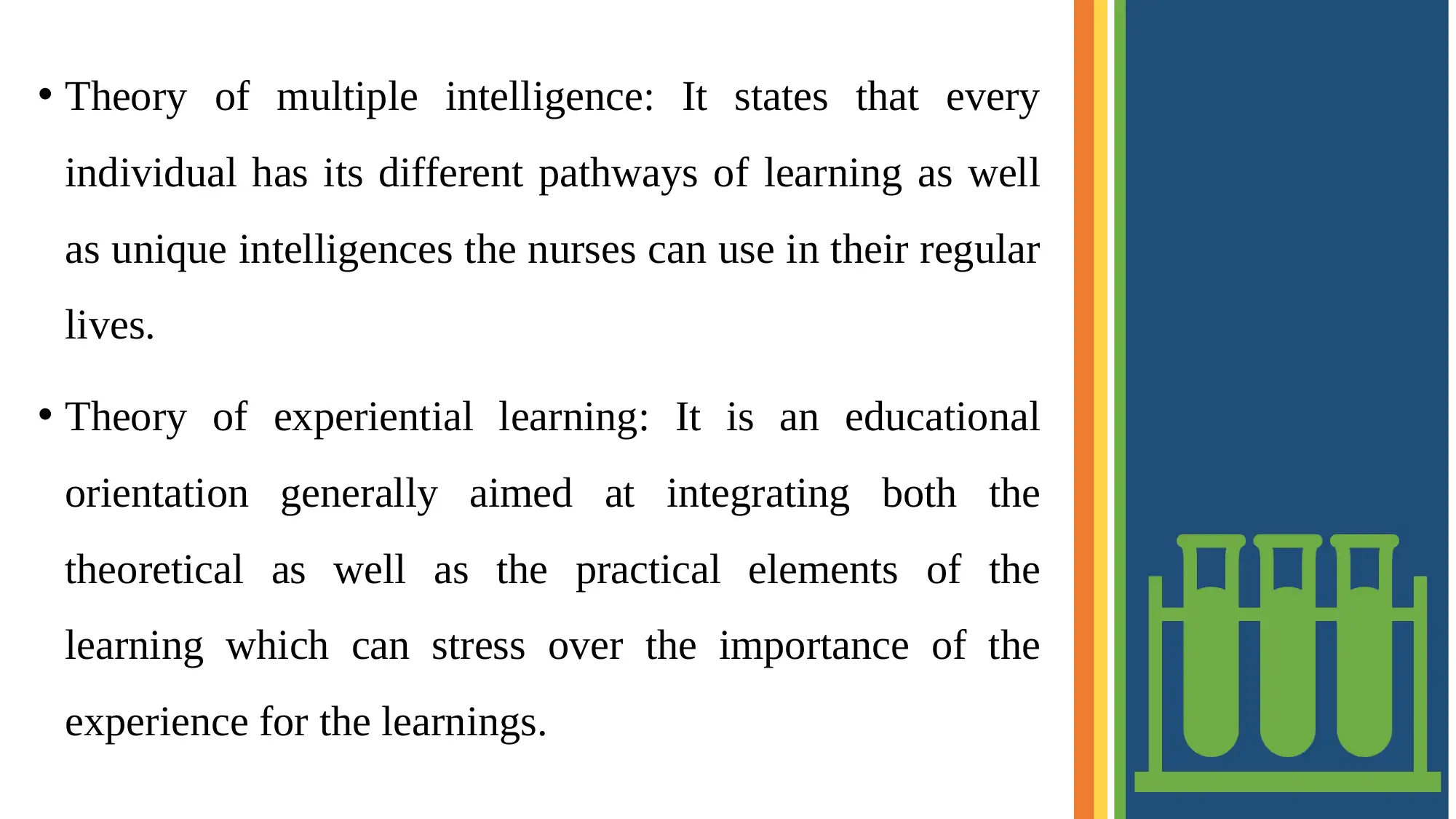
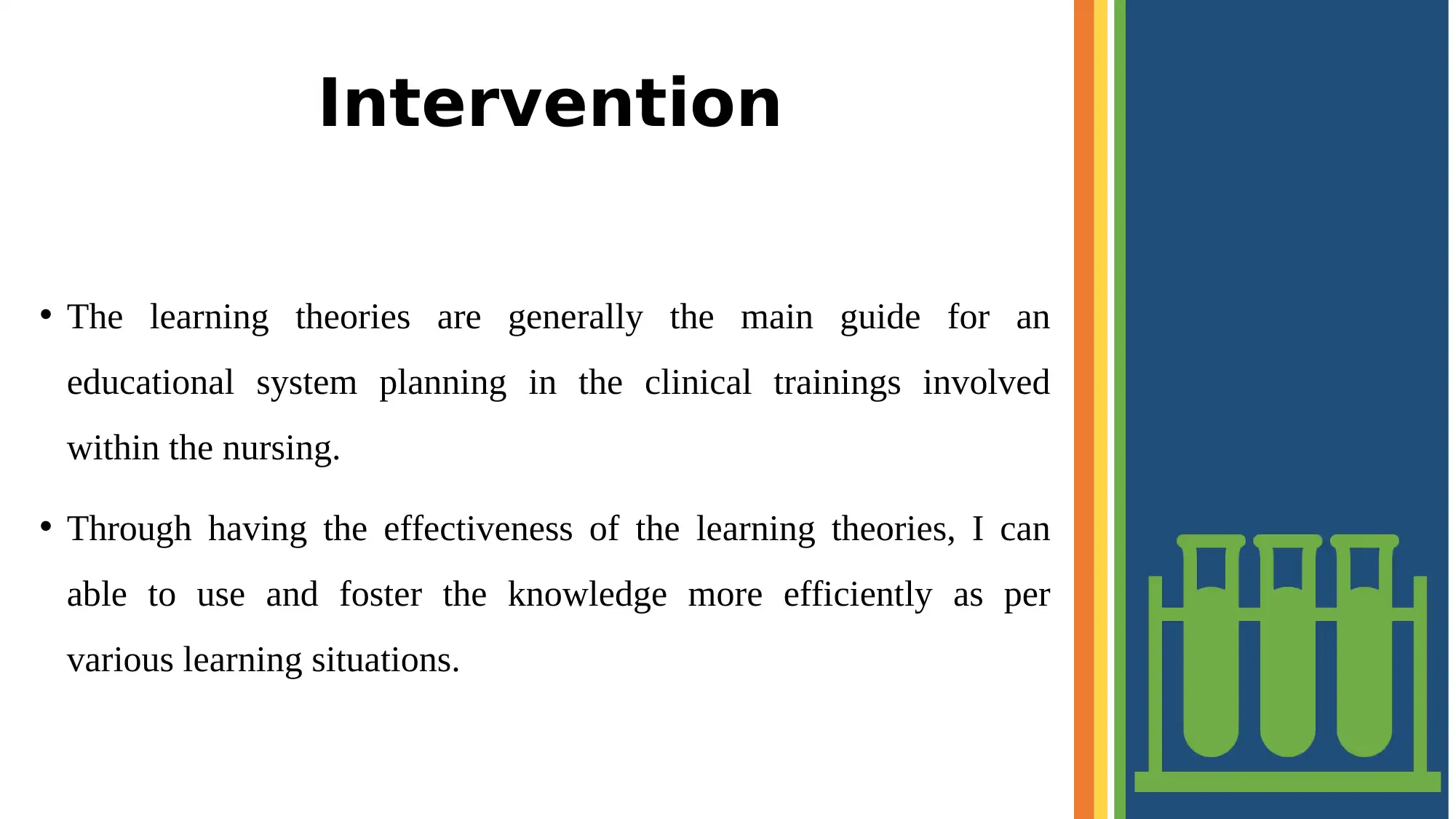
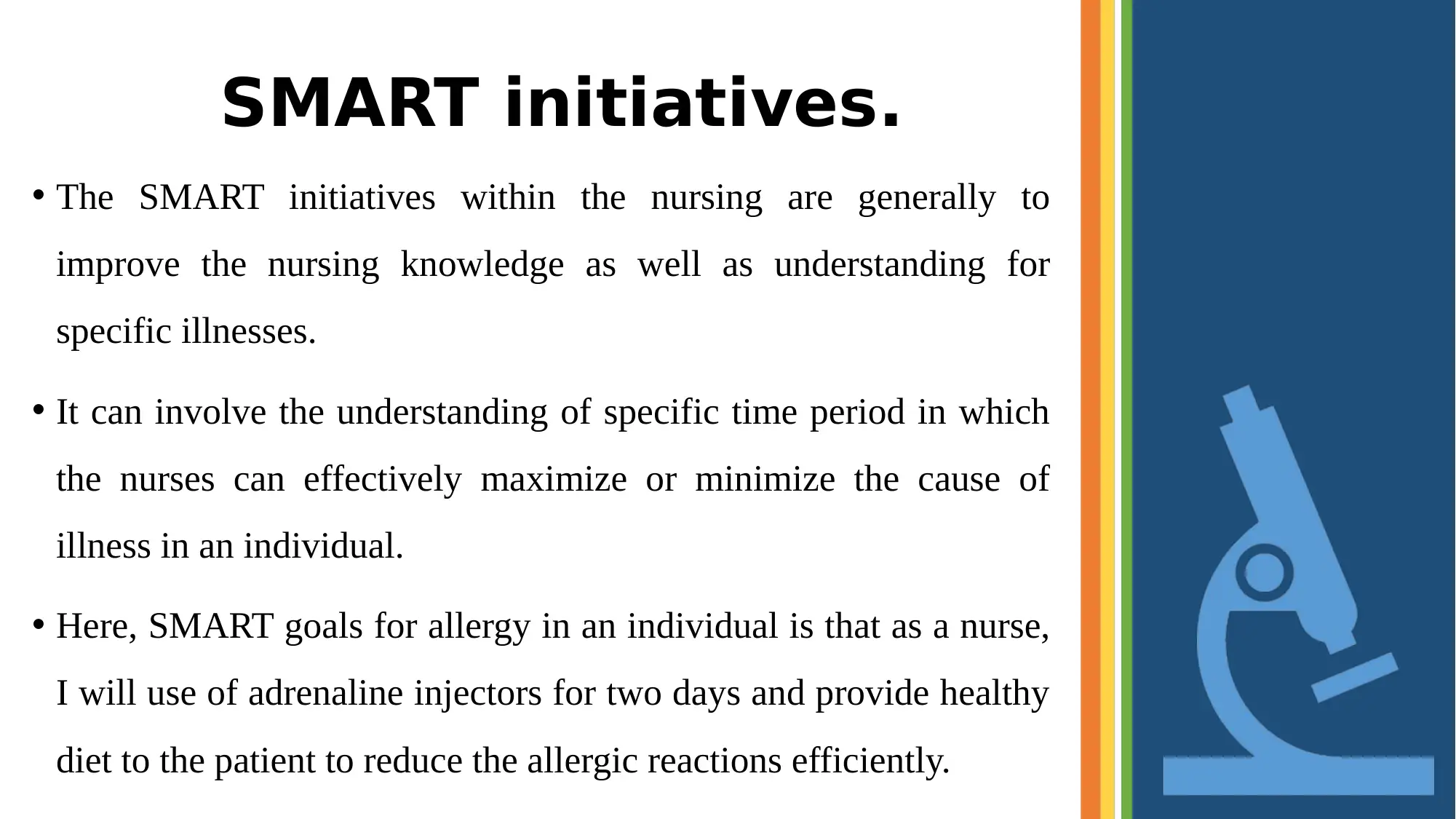
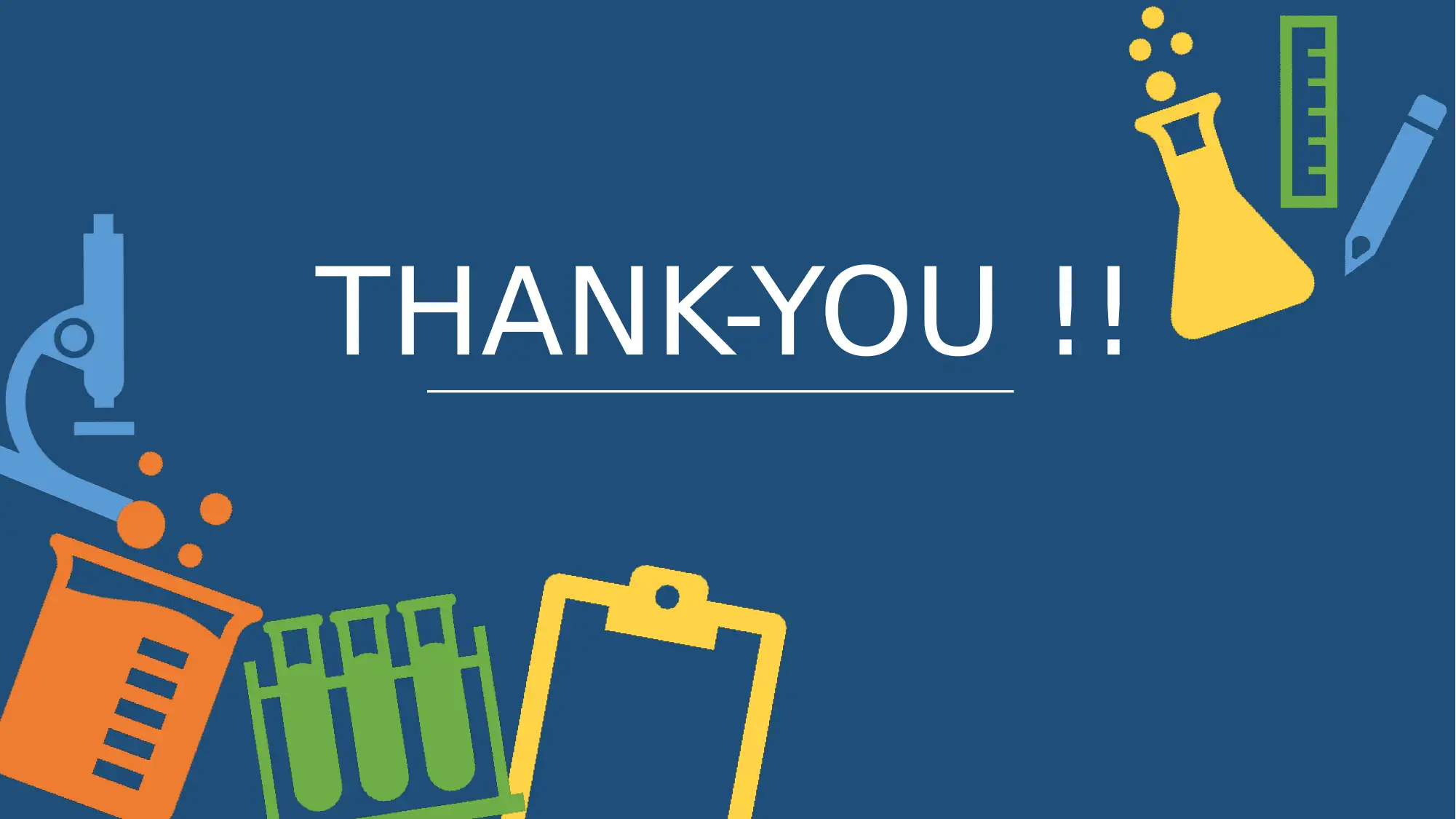






![[object Object]](/_next/static/media/star-bottom.7253800d.svg)